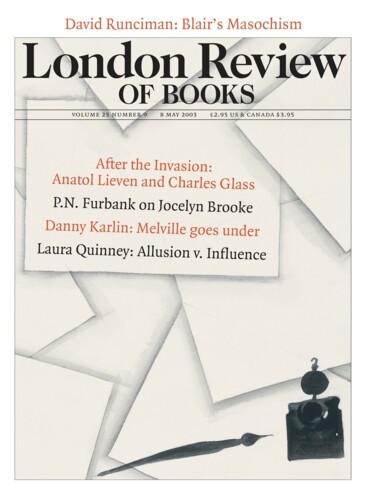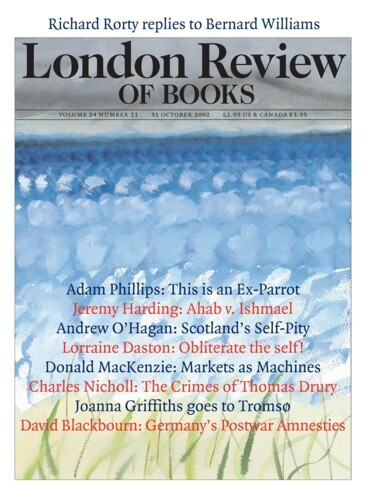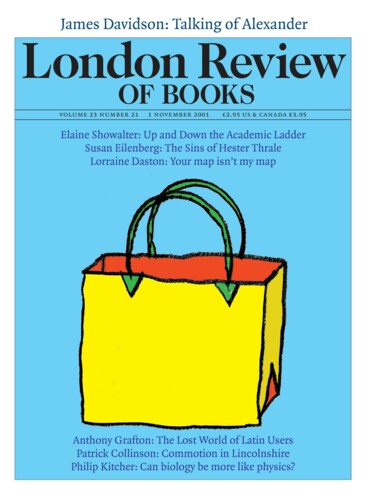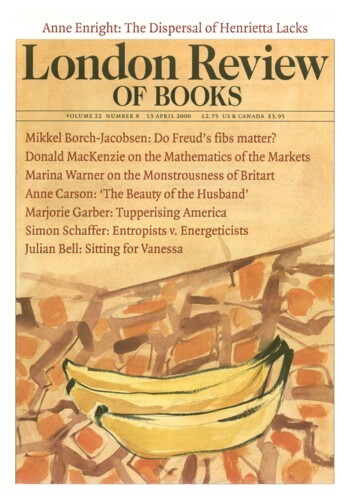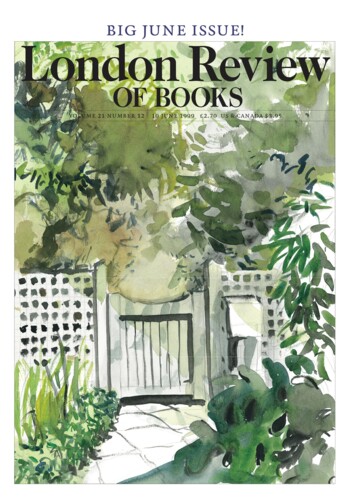Visitors! Danger! Charles Darwin
Lorraine Daston, 8 May 2003
Among the icons of science, Newton is admired and Einstein revered, but Darwin is liked. This is rather puzzling on the face of it. His theories concerning organic evolution, and the satellite doctrines that have attached themselves to his name – Social Darwinisms of the political Right and Left, eugenics, robber-baron capitalism, anarchism, sociobiology – haven’t ceased to...
